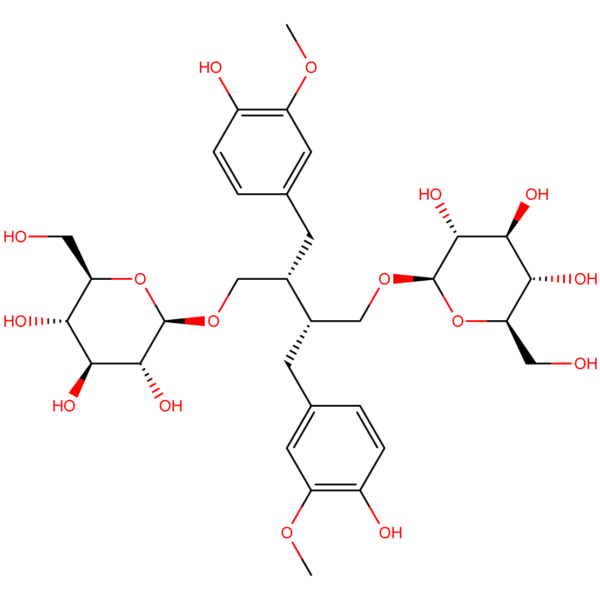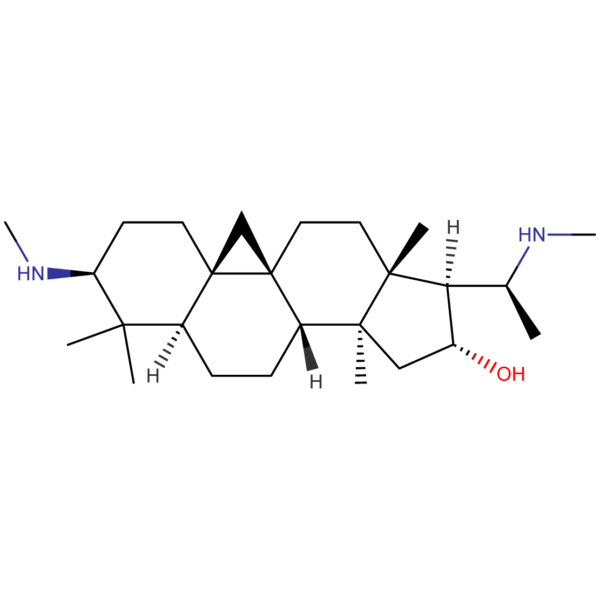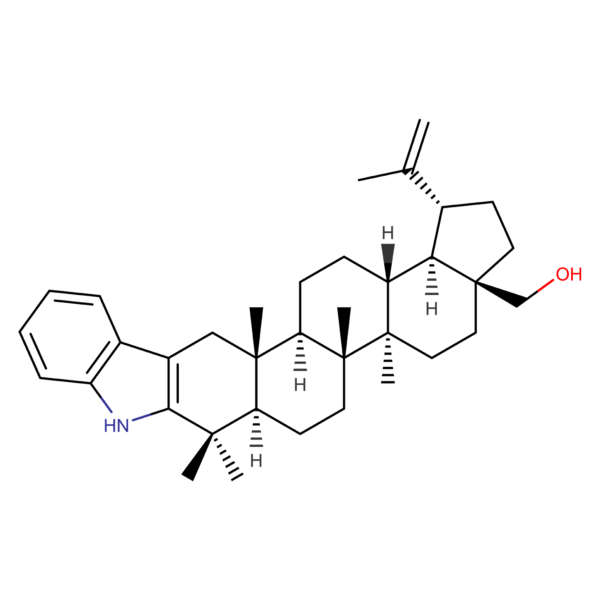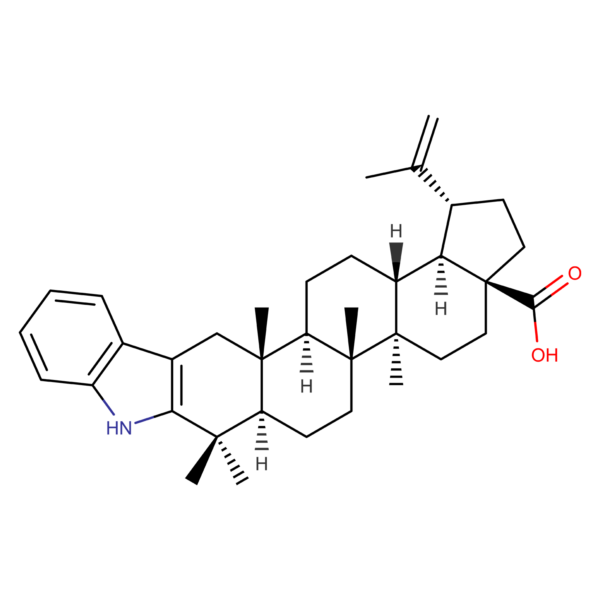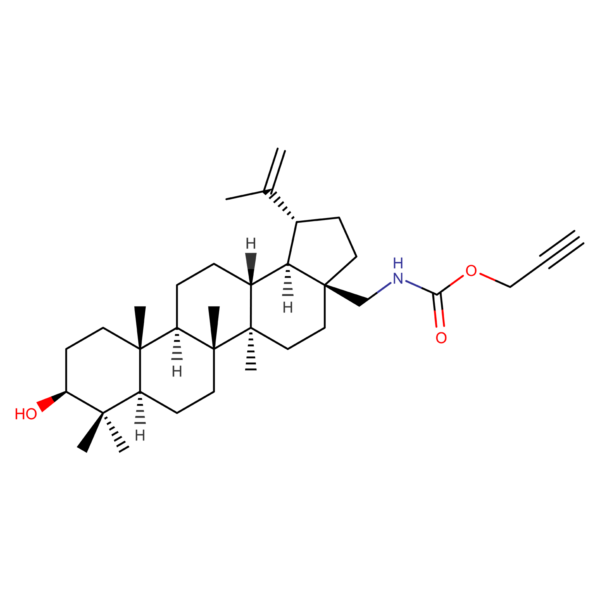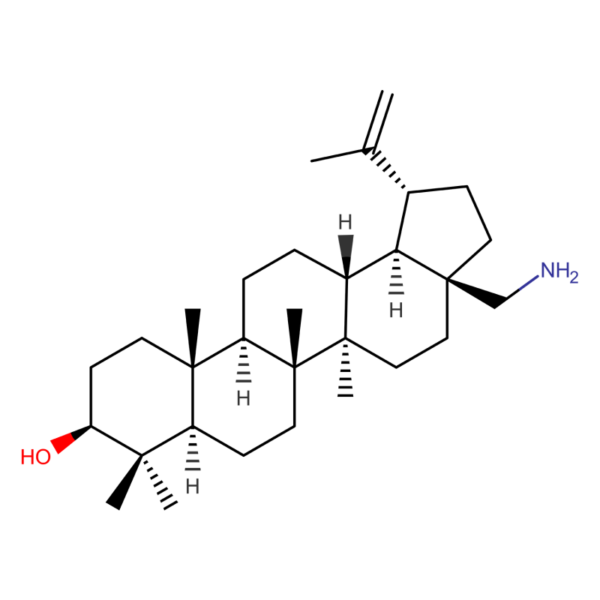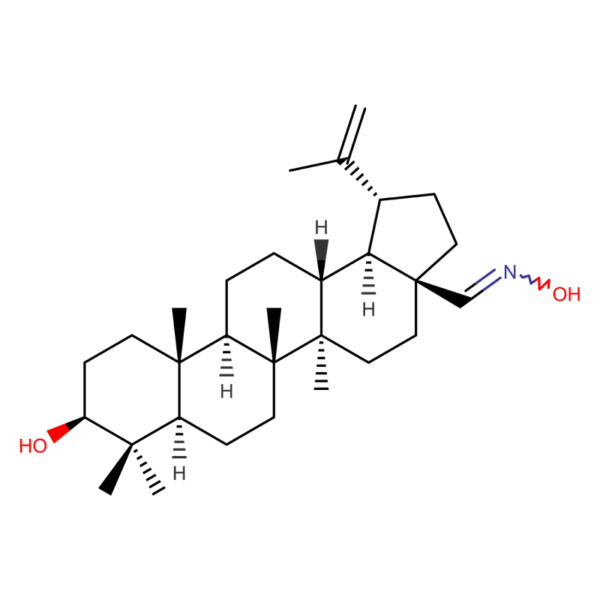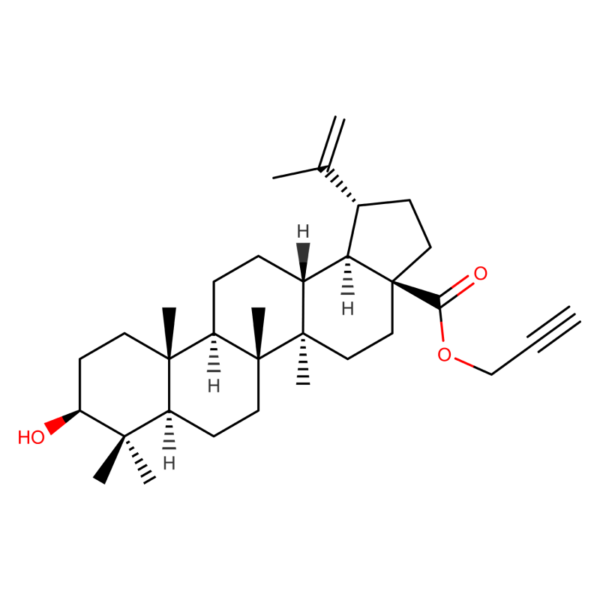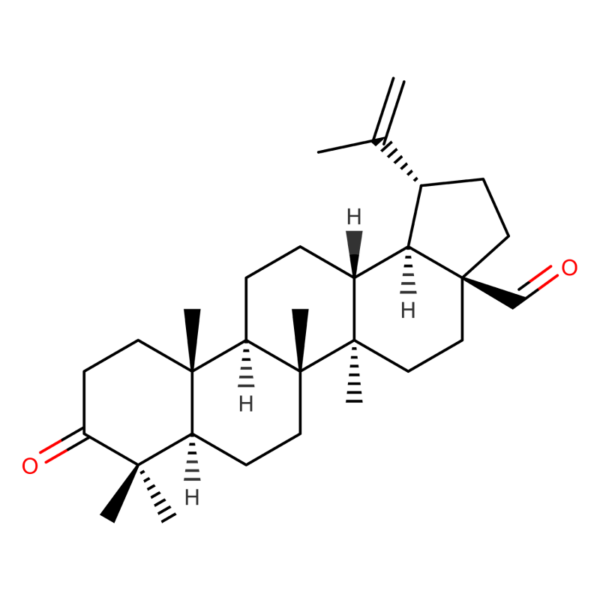Zeaxanthin: Essential Carotenoid for Ocular and Antioxidant Research
1. Molecular Identity
- Chemical Name: (3R,3’R)-β,β-Carotene-3,3′-diol
- CAS Number: 144-68-3
- Source: Naturally occurring in various plants, particularly in yellow corn, orange peppers, and leafy green vegetables
2. Biochemical Significance
Zeaxanthin is a xanthophyll carotenoid that plays a crucial role in eye health. Its unique structure and ability to accumulate in the macula of the eye make it a compound of significant interest in ophthalmological research, antioxidant studies, and potential therapeutic applications.
3. Key Properties
- Macular Pigment: Concentrates in the macula, protecting against harmful light
- Antioxidant: Exhibits potent free radical scavenging activity
- Blue Light Filter: Absorbs damaging blue light wavelengths
- Skin Protection: Demonstrates potential in photoprotection
4. Potential Research Applications
- Age-related macular degeneration (AMD) studies
- Cataract research
- Antioxidant and anti-aging investigations
- Nutraceutical and functional food development
5. Current Research Focus
Ongoing studies are investigating Zeaxanthin’s effects on:
- Macular pigment optical density and visual performance
- Oxidative stress in ocular tissues
- Cognitive function and brain health
- Skin health and UV protection
6. Formulation Challenges and Innovations
Researchers are actively working on:
- Enhancing bioavailability through novel delivery systems
- Developing stable formulations for various applications
- Creating synergistic combinations with other eye health nutrients
7. Regulatory Considerations
Zeaxanthin is Generally Recognized as Safe (GRAS) by the FDA for use in foods and dietary supplements. Specific health claims may require additional regulatory approval depending on the jurisdiction.
8. Future Research Directions
The scientific community anticipates:
- Advanced clinical trials for specific ocular indications
- Exploration of Zeaxanthin’s role in neuroprotection
- Development of personalized supplementation strategies based on genetic profiles
9. Collaborative Opportunities
We invite ophthalmologists, nutritionists, antioxidant researchers, and academic institutions to explore the research potential of Zeaxanthin. For inquiries, collaborations, or to discuss how Zeaxanthin can benefit your research projects, please contact us at sales@nstchemicals.com.
Join us in advancing ocular and antioxidant research with Zeaxanthin – a key carotenoid at the forefront of eye health and anti-aging studies.


